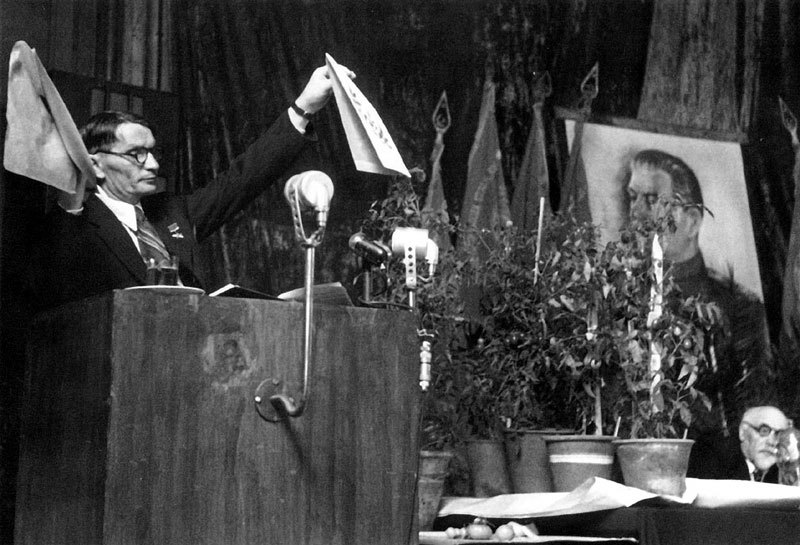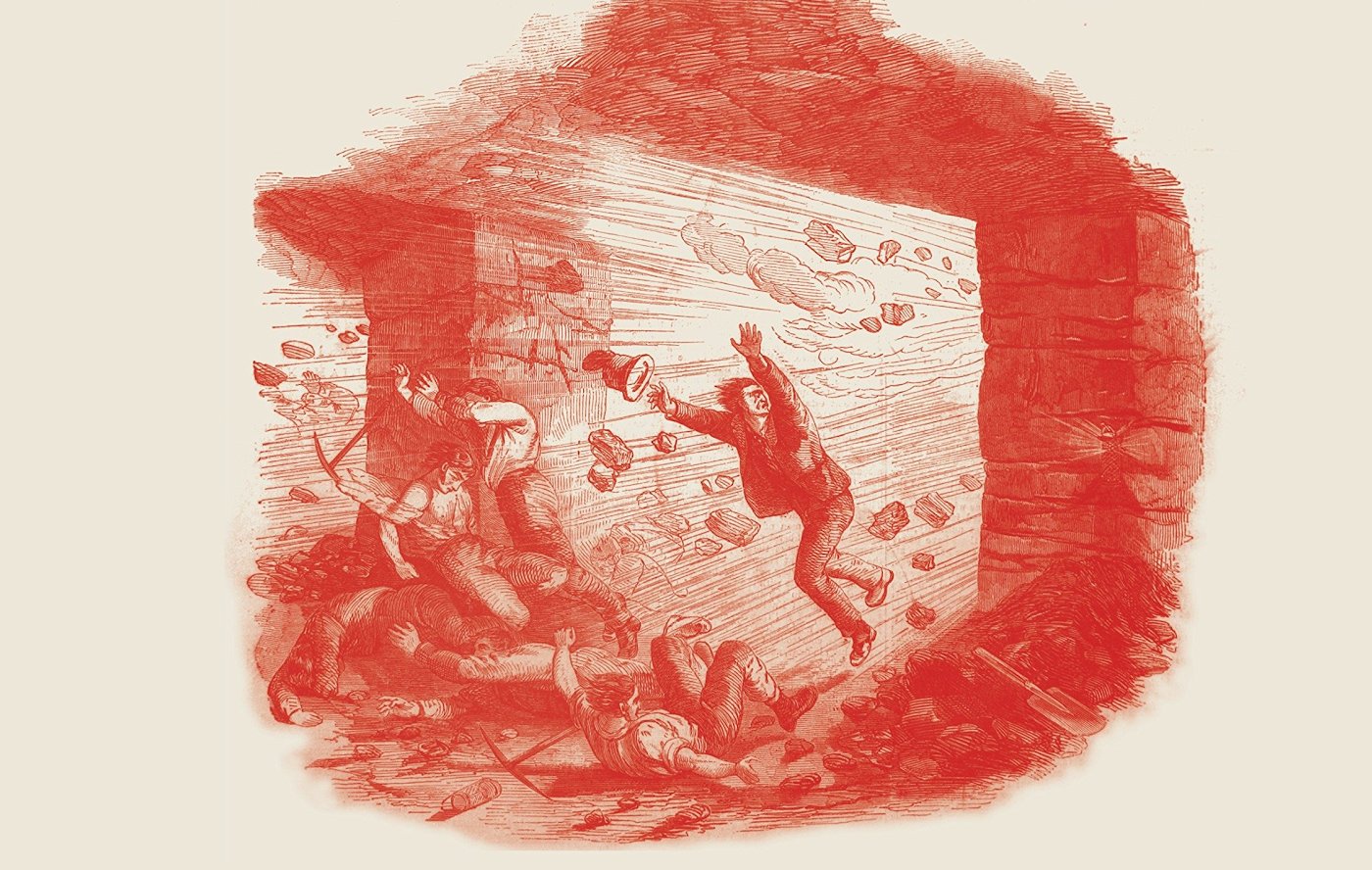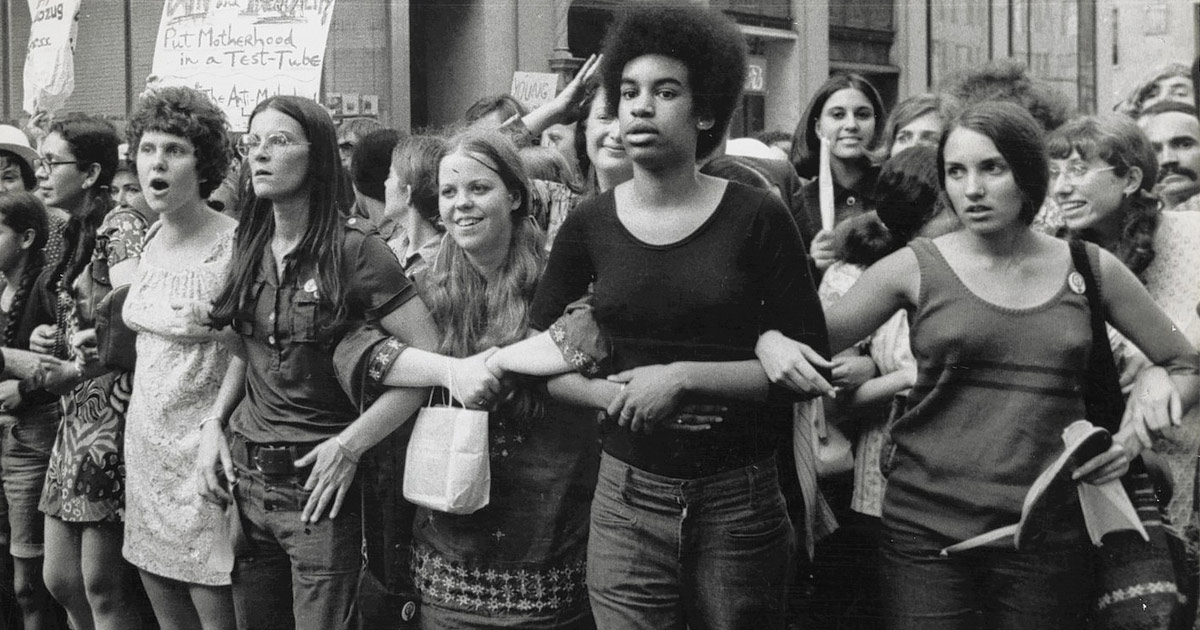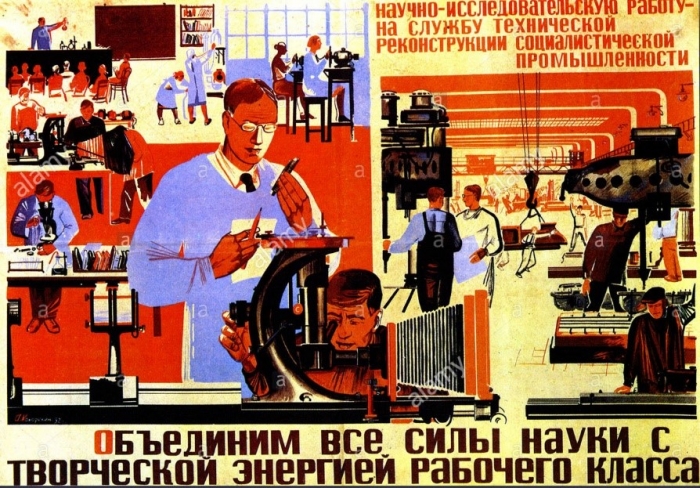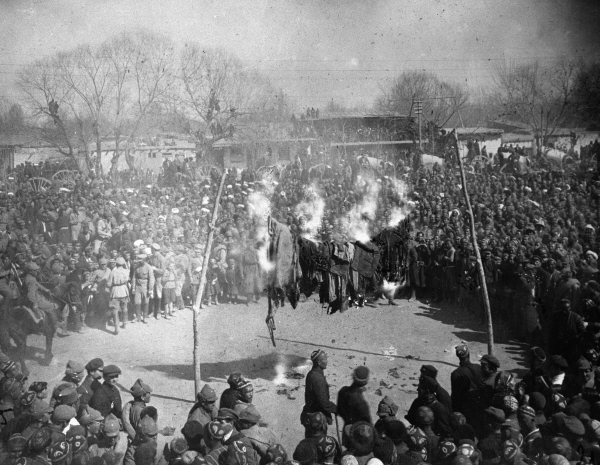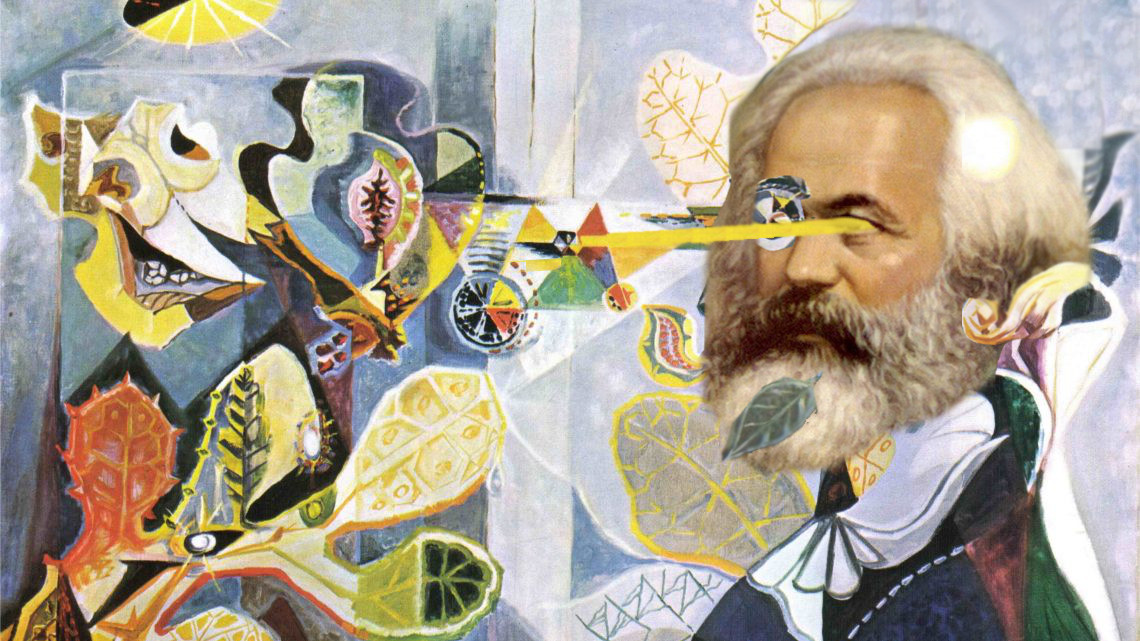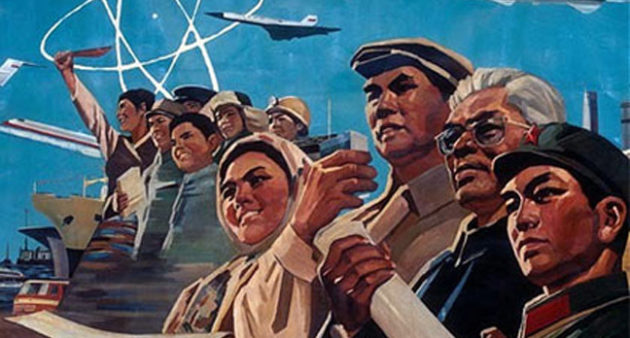In the second episode of our Soviet Science series, Donald, Djamil and Rudy sit down to contextualize an infamous episode of this story: The case of T. D. Lysenko and Lysenkoism. We discuss the origins of vernalization and Lysenkoism in peasant folk knowledge and Michurin’s plant garden, how the state of Soviet scientifical structures and Soviet agriculture favored his rise, how he took advantage of the Soviet purges to solidify his standing, how he managed to absolutely ban the research of genetics in 1948, and how this ban was negotiated by other scientists, his many downfalls and rehabilitations starting in the early 1950s all the way up to the removal of Khruschev, and the shadow Lysenkoism cast on Soviet agronomy and biology for decades both internally and in the West. We also contextualize Lysenko’s agricultural and biological theories using modern knowledge about epigenetics.
Sources/Further Reading:
- David Joravsky, The Lysenko Affair (Chicago: University of Chicago Press, 1970)
- Robert M. Young, Getting Started on Lysenkoism (1978)
- Levins & Lewontin, The Dialectical Biologist (1985)
- Loren Graham, Lysenko’s Ghost (2016)
- Dominique Lecourt, Proletarian Science? The case of Lysenko (1977)

